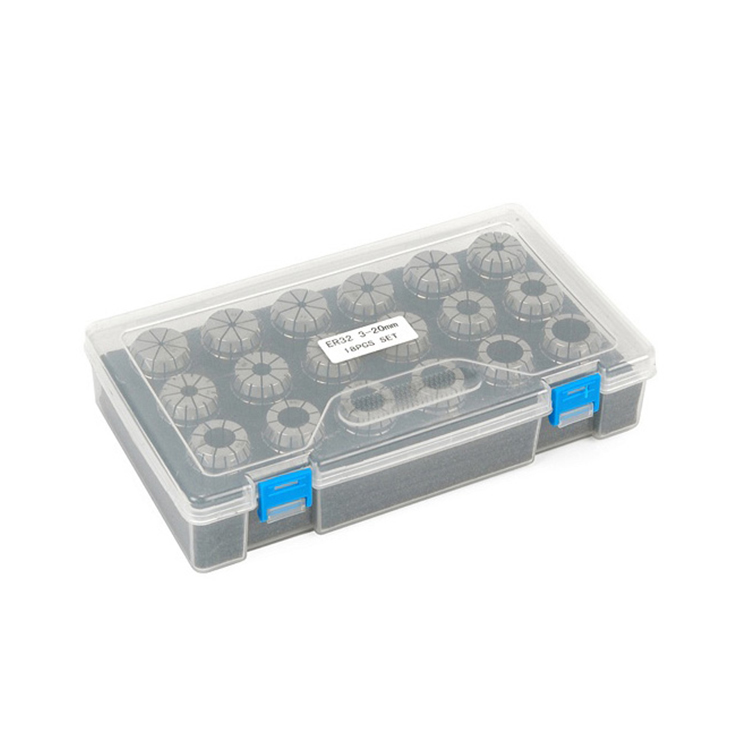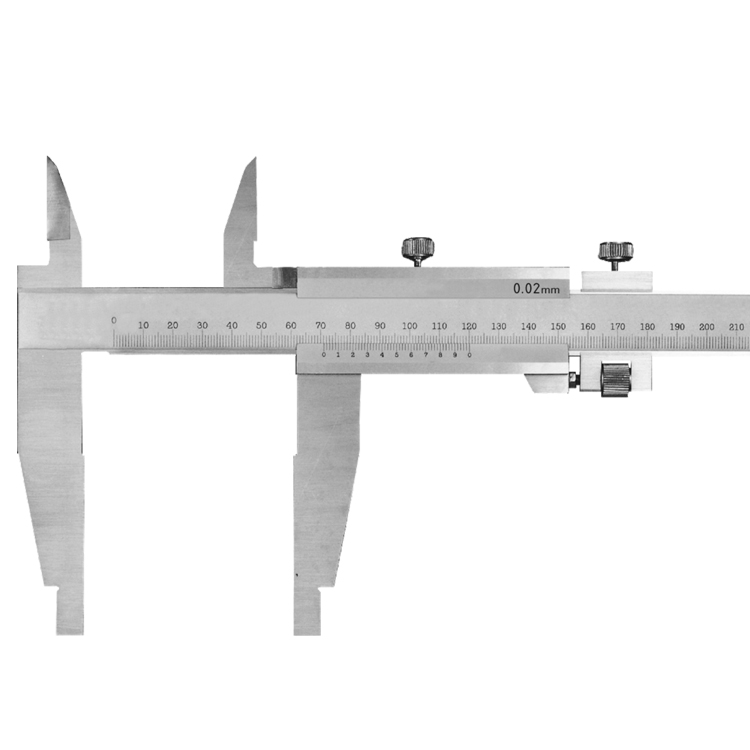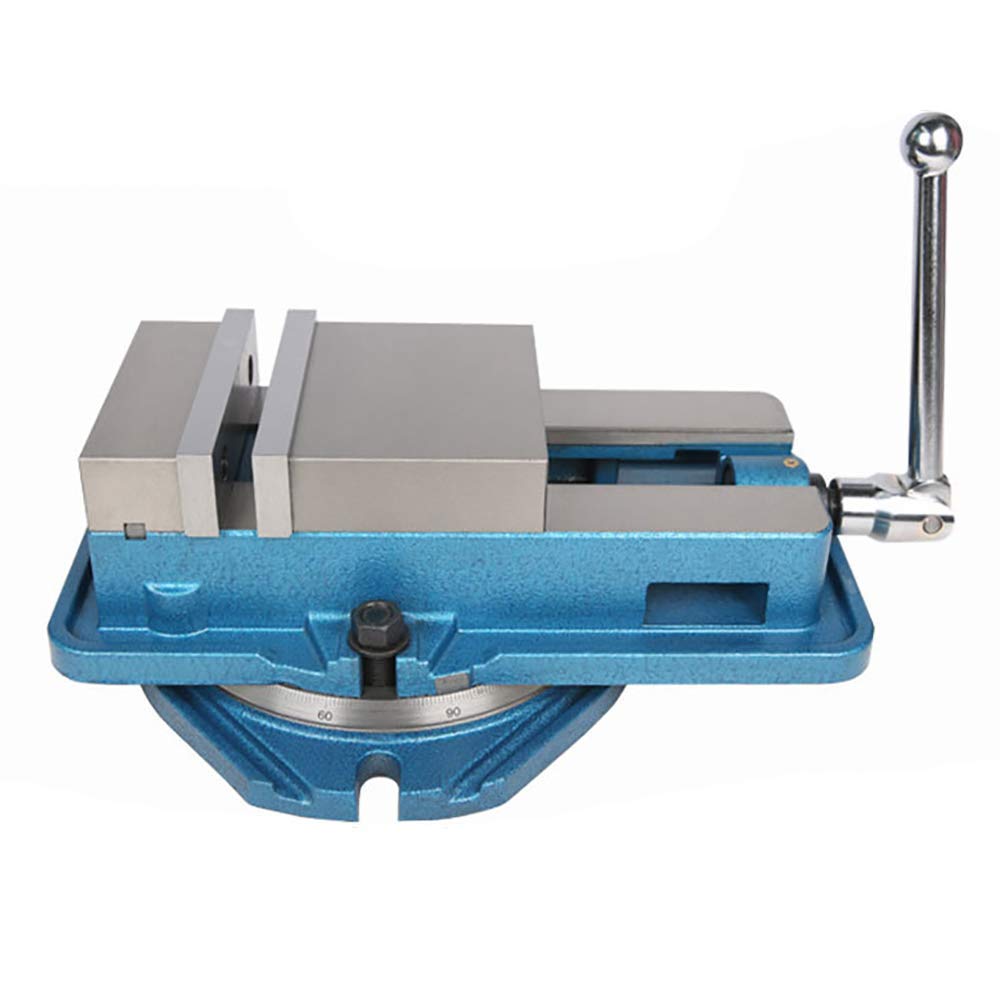disk micrometer Manufacturer
Looking for a reliable disk micrometer manufacturer? This guide provides an in-depth look at what to consider when choosing a supplier, including key features, applications, and factors influencing the best choice for your specific needs. From precision measurement to quality assurance, understanding the nuances of disk micrometers is crucial for optimal performance in various industries.
Understanding Disk Micrometers
A disk micrometer, also known as a disc micrometer, is a precision measuring instrument designed for accurately measuring the thickness of thin materials, such as paper, plastic films, and sheet metal. The large diameter of the measuring faces (disks) provides a stable platform for the material being measured, minimizing deformation and ensuring more accurate readings. These micrometers are indispensable tools in manufacturing, quality control, and research and development.
Key Features of Disk Micrometers
- Measuring Range: Typically ranges from 0-25mm (0-1 inch) or 0-50mm (0-2 inches), depending on the model.
- Accuracy: High accuracy, often within ±0.001mm (±0.00005 inch).
- Resolution: Available in both analog (vernier scale) and digital versions, with digital models offering resolutions down to 0.001mm (0.00005 inch).
- Disk Material: Hardened steel or carbide-tipped disks for durability and wear resistance.
- Frame Material: Sturdy frame made of steel or cast iron for stability and accurate measurements.
- Digital Features: Digital models may include features like data output (RS-232, USB), preset functions, and tolerance settings.
Applications of Disk Micrometers
Disk micrometers find applications across numerous industries. Some prominent examples include:
- Paper Industry: Measuring the thickness of paper sheets, cardboard, and other paper products.
- Plastic Film Manufacturing: Ensuring consistent thickness of plastic films used in packaging and other applications.
- Sheet Metal Production: Measuring the thickness of thin metal sheets used in various manufacturing processes.
- Textile Industry: Measuring the thickness of fabrics and other textile materials.
- Quality Control: Verifying the dimensions of parts and materials to ensure they meet specifications.
Choosing the Right Disk Micrometer Manufacturer
Selecting the right disk micrometer manufacturer is crucial for ensuring the quality, accuracy, and reliability of your measurements. Consider the following factors when making your decision:
Reputation and Experience
Look for manufacturers with a proven track record and extensive experience in producing precision measuring instruments. Check online reviews and testimonials to gauge customer satisfaction. Companies like Mitutoyo, Starrett, and Wayleading Tools are well-known for their quality and reliability. A disk micrometer from a reputable supplier ensures accurate and repeatable measurements.
Product Quality and Accuracy
The accuracy of the disk micrometer is paramount. Ensure that the manufacturer adheres to strict quality control standards and uses high-quality materials. Ask for calibration certificates and specifications to verify the accuracy of the instrument. Consider purchasing from manufacturers that comply with international standards such as ISO 9001.
Product Range and Customization
Choose a manufacturer that offers a wide range of disk micrometers to suit different applications and budgets. Some manufacturers also offer customization options, allowing you to tailor the instrument to your specific needs. For example, you might require a specific disk diameter or measuring range.
Technical Support and Service
Excellent technical support and service are essential. Ensure that the manufacturer provides comprehensive documentation, including user manuals and calibration instructions. Check if they offer after-sales support, such as calibration services and repairs. A reliable disk micrometer manufacturer should stand behind their products and provide prompt assistance when needed.
Price and Value
Compare prices from different manufacturers, but don't compromise on quality. Consider the overall value of the instrument, including its accuracy, durability, and features. A slightly more expensive disk micrometer from a reputable manufacturer may offer better long-term value than a cheaper, less reliable alternative.
Types of Disk Micrometers
Disk micrometers are available in several types, each designed for specific applications. Here's a brief overview:
Analog Disk Micrometers
Analog disk micrometers use a vernier scale to display measurements. They are simple to use, require no batteries, and are generally more affordable than digital models. However, reading the vernier scale can be challenging for some users.
Digital Disk Micrometers
Digital disk micrometers feature a digital display that shows the measurement reading. They are easier to read, offer higher resolution, and may include additional features such as data output and tolerance settings. They require batteries for operation.
Specialized Disk Micrometers
Some manufacturers offer specialized disk micrometers designed for specific applications. These may include models with larger disks, non-rotating spindles, or special anvils. Contact Wayleading Tools for customized solutions tailored to your unique requirements.
Maintaining Your Disk Micrometer
Proper maintenance is essential for ensuring the accuracy and longevity of your disk micrometer. Here are some tips:
- Clean the disks regularly: Use a soft cloth to remove dirt and debris from the measuring faces.
- Store the micrometer in a safe place: Protect it from dust, moisture, and extreme temperatures.
- Handle the micrometer with care: Avoid dropping or mishandling the instrument.
- Calibrate the micrometer periodically: Regular calibration ensures accurate measurements.
Troubleshooting Common Issues
Even with proper care, you may encounter issues with your disk micrometer. Here are some common problems and solutions:
- Inaccurate readings: Check for dirt or debris on the measuring faces. Calibrate the micrometer.
- Difficult to turn spindle: Clean and lubricate the spindle threads.
- Digital display not working: Replace the batteries.
Disk Micrometer Specifications and Comparison
Here is a comparison table of different disk micrometers, including key specifications:
| Feature | Model A | Model B | Model C |
|---|---|---|---|
| Measuring Range | 0-25mm | 0-50mm | 0-25mm |
| Accuracy | ±0.002mm | ±0.003mm | ±0.001mm |
| Resolution | 0.001mm (Digital) | 0.001mm (Digital) | 0.0005mm (Digital) |
| Disk Material | Hardened Steel | Carbide Tipped | Carbide Tipped |
Conclusion
Choosing the right disk micrometer manufacturer is a critical decision that impacts the accuracy and reliability of your measurements. By considering factors such as reputation, product quality, technical support, and price, you can select a manufacturer that meets your specific needs. Whether you're measuring paper, plastic film, or sheet metal, a high-quality disk micrometer is an indispensable tool for ensuring quality and precision. Contact Wayleading Tools today for expert advice and a wide range of precision measurement solutions.
Related products
Related products
Best selling products
Best selling products-
 Precision 10pcs & 12pcs Angle Blocks Set With High Quality Type
Precision 10pcs & 12pcs Angle Blocks Set With High Quality Type -
 Digital Depth Gauge With Stainless Steel For Industrial Type
Digital Depth Gauge With Stainless Steel For Industrial Type -
 5C Round Collet With Inch and Metric Size
5C Round Collet With Inch and Metric Size -
 Type M Cone Tungsten Carbide Rotary Burr
Type M Cone Tungsten Carbide Rotary Burr -
 F1 Precision Boring Head With Metric & Inch
F1 Precision Boring Head With Metric & Inch -
 MT-APU Drill Chuck Holder With Keyless Type
MT-APU Drill Chuck Holder With Keyless Type -
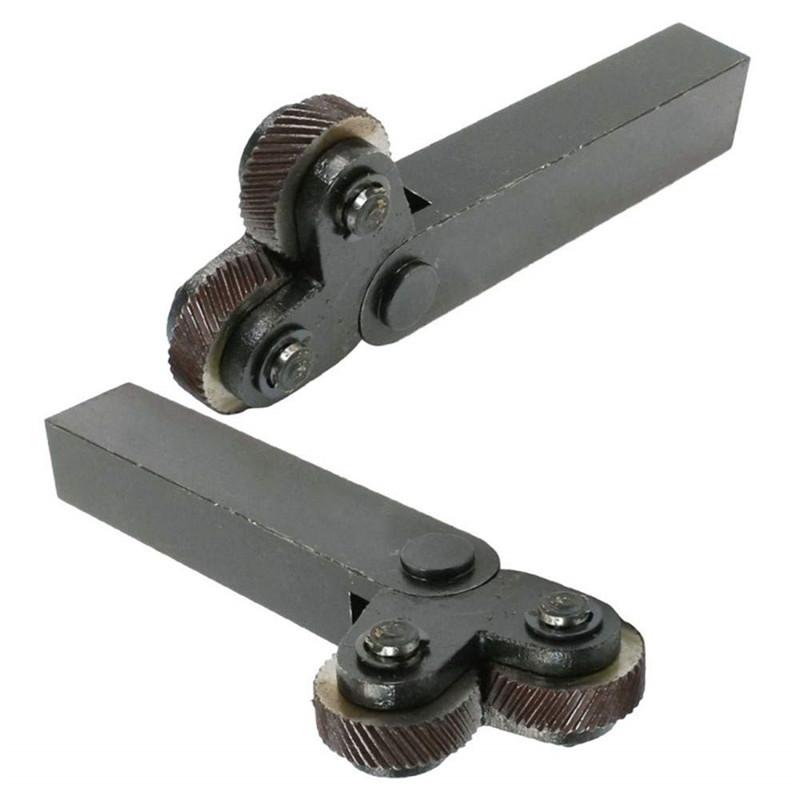 Dual Wheel Knurling Tools With Diamond Pattern For Industrial Type
Dual Wheel Knurling Tools With Diamond Pattern For Industrial Type -
 Precision V Block And Clamps Set With High Quality Type
Precision V Block And Clamps Set With High Quality Type -
 Parting & Grooving Tool Set With SLTB Blcok, NCIH Blades, GTN Inserts
Parting & Grooving Tool Set With SLTB Blcok, NCIH Blades, GTN Inserts -
 Precision Expanding Mandrel From 9/16″ to 3-3/4″
Precision Expanding Mandrel From 9/16″ to 3-3/4″ -
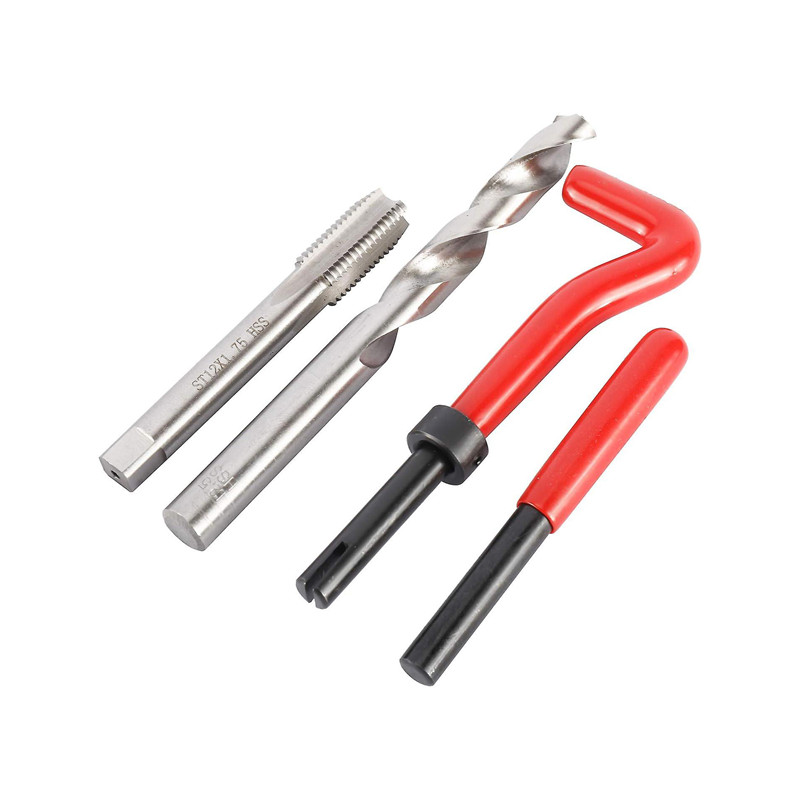 131PCS Thread Repair Set And Helicoil Type Thread Repair Set
131PCS Thread Repair Set And Helicoil Type Thread Repair Set -
 Precision Outside Micrometer Of Inch & Metric With Rachet Stop
Precision Outside Micrometer Of Inch & Metric With Rachet Stop


